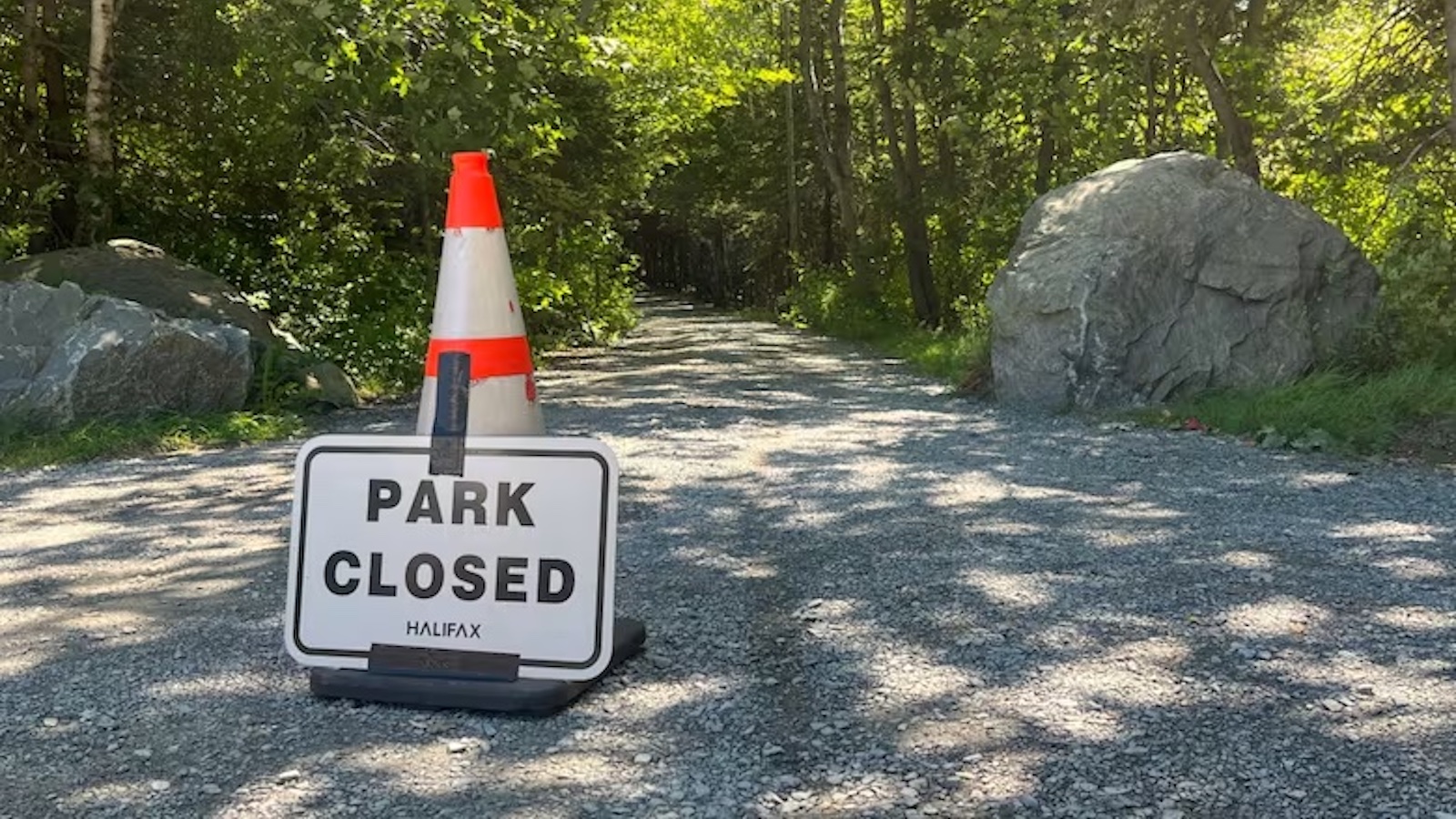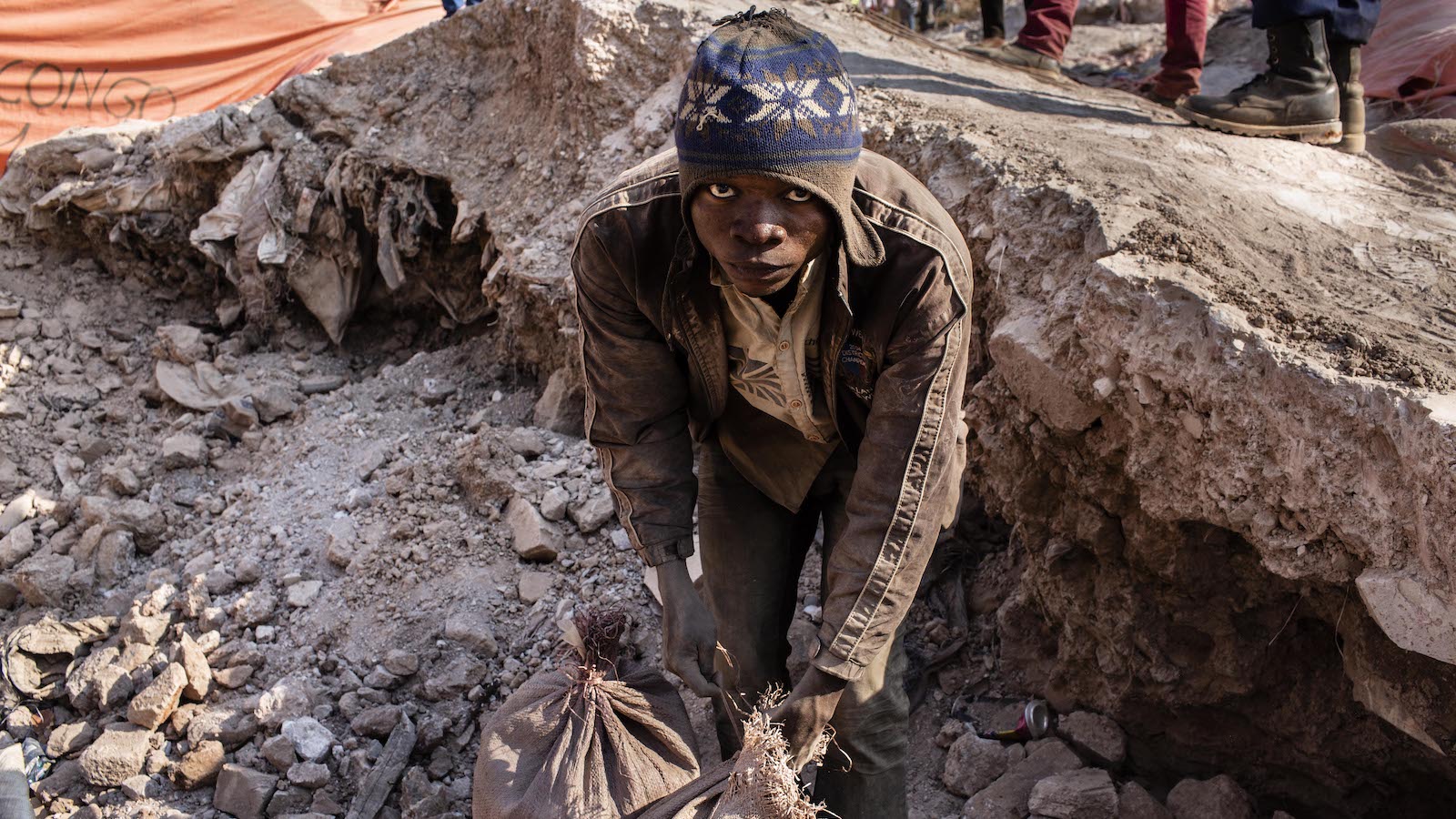
Why Governments Cannot Centrally Plan the Climate
The World Economic Forum’s Jojo Mehta recently made social media waves by arguing that agriculturalists ought to be punished for committing “ecocide.” The United Nations says that to save the climate, Americans should eat less beef. Such extreme views oversimplify complex biological realities with potentially disastrous results. Humans have never successfully centrally planned an economy, much less successfully predicted how global ecosystems will adapt to their dictates. Like many critters, cattle emit methane (CH4) as part of the digestive process, but for several reasons ridding the planet of them will not necessarily reduce methane emissions.
For starters, the quality of the feedstock is just as important to methane production as interspecies metabolic differences are. What goes in, largely determines what comes out, a fact known since at least 1986. Beef cattle feeding on the range, for example, exude much less methane than milk cows or cattle fed richer diets in feedlots do.
If other domesticated ruminants, like feedlot sheep, replace range-fed cattle, CH4 emissions may be largely unchanged. Even relatively non-gassy camelids (alpaca, llama, camels) fed a rich diet in feedlots to stimulate demand for their meat may produce as much methane per pound of food as range-fed cattle. Moreover, while every part of every healthy head of cattle is used to produce a wide variety of food and nonfood products, some camelid parts may go unused and produce methane after being discarded.
According to several studies, the least gassy herbivore species are horses, kangaroos, and rabbits. In the past, Americans relished the flesh of each but cultural barriers make horse consumption, which is now de facto banned in the United States, unlikely. Kangaroos would have to be imported or we’d have to risk massive environmental damage from their widespread introduction. Rabbits are tasty but more like poultry than red meat.
If Americans are to give up red meat, why not just eat protein concoctions made from grasshoppers? Although not all insects produce methane, scientists have shown that as a group they “contribute substantially to atmospheric methane,” and in particular grasshoppers pass, as one journalist put it, “some pretty impressive gas” when concentrated en masse.
Keep in mind as well that unless tunnel visioned policy makers salt the earth to save the earth, something will replace cattle. If it isn’t another domesticate, it will be something wild, like bison or deer, which also spew methane. Red deer produce less methane on average than cattle do, holding weight and diet constant, but in the absence of predation the number of deer per acre will be determined by the amount of available food, not by the long-term interest of a rancher, so the amount of methane produced per acre could increase.
Predators that could cull wild herds of methane-making herbivores also produce some methane, though in lower concentrations than ruminants do. If predators manage to keep herbivores in check, though, uneaten grass will produce methane when it decomposes, as much methane as it would if eaten and burped or farted out by an herbivore.
Which species produce methane and which do not, moreover, is still little understood and more about evolutionary history than their current foraging strategies. Moreover, intraspecies methane emission variations are large, even when fattened on the same feedstock, suggesting that microbiota functionality may play the largest role of all in determining methane emissions.
All said, then, nobody following the scientific method could reject the hypothesis that reducing the number of cattle, even to zero, will have a negligible net effect on methane emissions. Confusing gross and net effects has already clouded thinking about transportation policy, so the threat to burgers and steaks nevertheless remains palpable.
And infuriating. After all, time spent debunking absurd policy proposals by powerful players detracts from time that could be devoted to investigating realistic steps, like encouraging (discouraging) range feeding (feedlots) or developing varieties of cattle, or cattle microbiota, that produce less methane. Humans have made remarkable changes to cattle since their initial domestication in the Ninth Millennium BC and could certainly tweak them yet again.
What humans cannot seem to change is their predilection for placing pinheads into powerful policy positions. While the species works on that problem, enjoy your burgers and steaks guilt-free, even if you believe that anthropogenic global climate change is real and best solved by reducing emissions rather than scrubbing “excess” greenhouse gasses from the atmosphere. There are no simple solutions, only simple people.
Free the People publishes opinion-based articles from contributing writers. The opinions and ideas expressed do not always reflect the opinions and ideas that Free the People endorses. We believe in free speech, and in providing a platform for open dialogue. Feel free to leave a comment.



